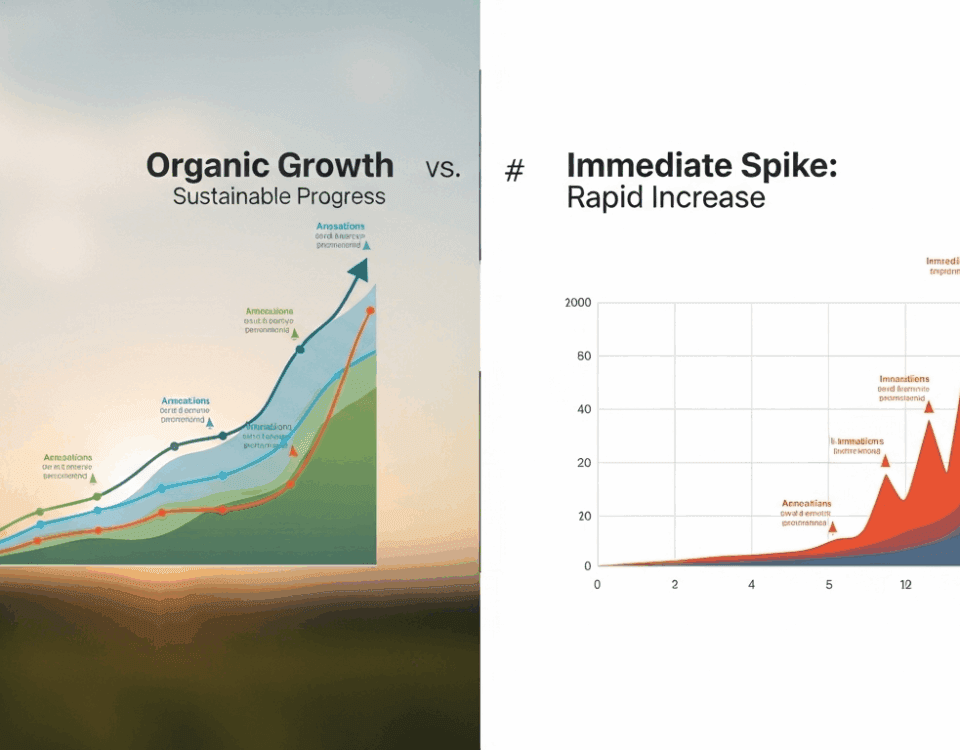
The Future of Web: Progressive Web Apps (PWAs)
August 8, 2024
How to Market Your Mobile App Successfully: In-Depth Strategies for Post-Launch Success
August 9, 2024When it comes to mobile app development, businesses often face the choice between cross-platform and native app development. Each approach has its own set of benefits and drawbacks, and the best choice depends on the specific needs of the project. Below is a detailed comparison of both approaches. Let’s check Cross-Platform vs. Native App Development: A Comprehensive Comparison.
Native App Development
What is Native App Development? Native app development involves creating an app specifically for a particular operating system (OS), such as iOS or Android, using platform-specific programming languages (Swift or Objective-C for iOS, Kotlin or Java for Android).
Benefits:
- Performance:
- Native apps are highly optimized for their respective platforms, resulting in better performance, faster execution, and smoother animations.
- User Experience (UX):
- Native apps provide a superior user experience by adhering to platform-specific design guidelines, which means a more intuitive interface and natural navigation.
- Access to Device Features:
- Native apps can fully utilize the device’s hardware features, such as GPS, camera, microphone, and sensors, offering more advanced functionalities.
- Security:
- Native apps are typically more secure due to the robust security features inherent to each platform, including regular updates and support from the OS vendors.
Drawbacks:
- Development Cost:
- Developing separate apps for iOS and Android can be costly, as it requires two different codebases and, often, separate development teams.
- Time to Market:
- The need to develop, test, and maintain two different apps increases the time required to launch the app across all platforms.
- Maintenance:
- Updating and maintaining native apps is more labor-intensive, as changes must be made separately for each platform.
Cross-Platform App Development
What is Cross-Platform App Development? Cross-platform development involves creating a single app that can run on multiple operating systems (iOS, Android, Windows, etc.) using a shared codebase. Popular frameworks include React Native, Flutter, and Xamarin.
Benefits:
- Cost-Effective:
- Since the app is developed using a single codebase for all platforms, development costs are significantly lower compared to native app development.
- Faster Development:
- Developing a cross-platform app is quicker because you’re writing the code once and deploying it across multiple platforms, reducing time to market.
- Unified User Experience:
- Cross-platform development ensures a consistent look and feel across different platforms, which is beneficial for branding and user experience.
- Easier Maintenance:
- With a single codebase, updates, and bug fixes are easier and faster to implement, ensuring consistent functionality across platforms.
Drawbacks:
- Performance:
- Cross-platform apps generally do not match the performance of native apps, as they cannot fully exploit the device’s hardware and OS-specific optimizations.
- Limited Access to Platform-Specific Features:
- While frameworks like React Native and Flutter are improving, they may still have limitations in accessing some platform-specific features or APIs, requiring additional native development.
- User Experience (UX):
- Achieving a truly native look and feel on each platform can be challenging, potentially leading to a less intuitive user experience compared to native apps.
- Dependency on Frameworks:
- Cross-platform development relies on third-party frameworks, which may introduce limitations, bugs, or delays in adopting new OS features.
Which Approach Should You Choose?
Native Development is ideal if your app requires high performance, advanced features, and an exceptional user experience tailored to a specific platform. It’s also the better choice if you have the budget and resources to maintain separate codebases.
Cross-Platform Development is best suited for projects with tighter budgets and timelines, where reaching a wider audience quickly is a priority. It’s also beneficial for apps that don’t require extensive use of platform-specific features or hardware capabilities.
Conclusion
The choice between cross-platform and native app development ultimately depends on your project’s specific requirements, budget, and long-term goals. By weighing the pros and cons of each approach, you can make an informed decision that aligns with your business objectives—Cross-Platform vs. Native App Development: A Comprehensive Comparison.
Would you like to delve deeper into specific frameworks or need further advice on your app development strategy? Contact us!





